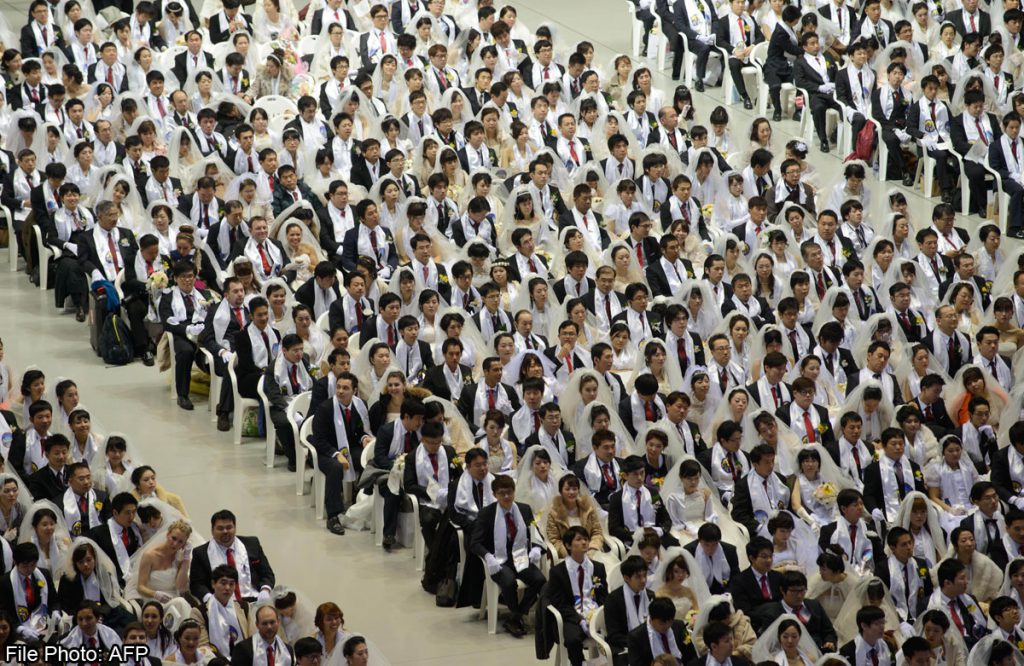South Korea unveiled this month a new set of policies regulating marriages with foreigners, including requirements for the latter to pass a Korean language proficiency test and for Korean partners to have a minimum annual income of 14.8 million won ($14,000), AFP reports.
Officials backing the latest regulations, effective April 1, say such policies address the two main issues causing marital conflict among such mixed-marriage couples: communication and low income.
[ad#336]
“Strong state intervention is inevitable to stop ineligible people from buying foreign brides,” a Justice Ministry official said, according to the AFP. “This is a diplomatic issue related to our national image.”
A self-proclaimed ethnically homogenous country, South Korea initially welcomed an influx of foreign brides back in 2000, in large part because of the country’s drastically declining marriage and birth rates. Specifically, a large number of rural women were moving to the city, leaving many men in these communities without potential wives.
In 2005 alone, a record high of 30,000 foreigners was granted marriage visas in South Korea, according to Statistics Korea. Since 2000, about 236,000 foreign women have married South Korean men and given birth to about 190,000 children, Over 80 percent of these foreign spouses are young women from rural areas of other Asian countries, including China, Vietnam, Philippines, Cambodia, Thailand and Mongolia, most of whom went through matchmaking brokers to seek a new life. Many Korean men who marry these young women are low-income farmers.
[ad#336]
However, cases of reported domestic abuse of these foreign wives began increasing in recent years. In July 2000, a mentally ill husband stabbed his 20-year-old Vietnamese bride to death, a case that triggered an introduction of legislation that imposed prison time for any marriage brokers who provided false information about potential spouses.
The new regulations for the language requirement and income level come amid high divorce rates among these mixed-marriage couples. A 2012 survey showed that four out of 10 international marriages end indivorce within five years, with 48 percent stating irreconcilable differences and 21 percent blaming low income levels.
But one marriage broker, Cho Sou-Yong, told AFP that the new law “doesn’t reflect reality” because thelanguage requirement would only impose a hardship on many of the Asian brides who come from poor rural families and would have to move to the city to takes classes.
Social workers and researchers also worry that the new regulations will only increase the stress on the couples, versus providing much-needed support.
Han Kuk-Yom, head of the Women Migrants Human Rights Centre, told AFP that regulations should instead prioritize greater protections for foreign wives, many of whom confront domestic violence or the threat of deportation, should they divorce before gaining citizenship.
[ad#336]









